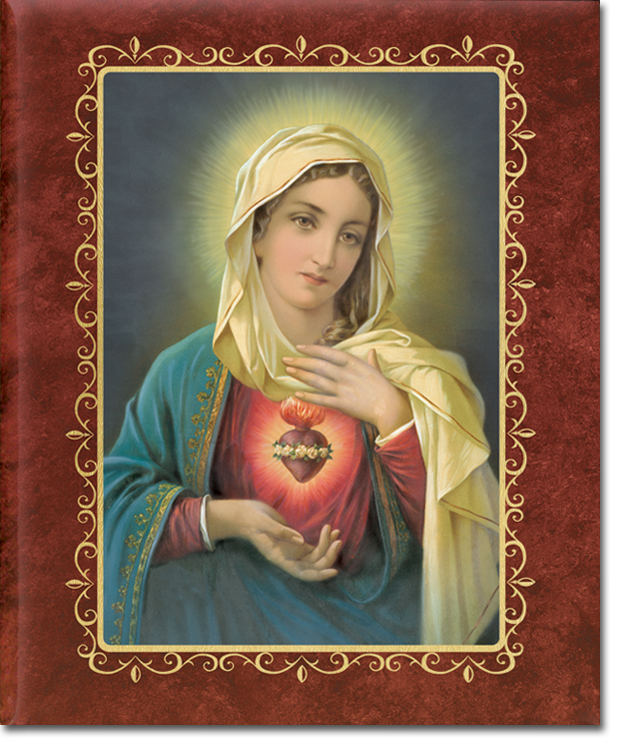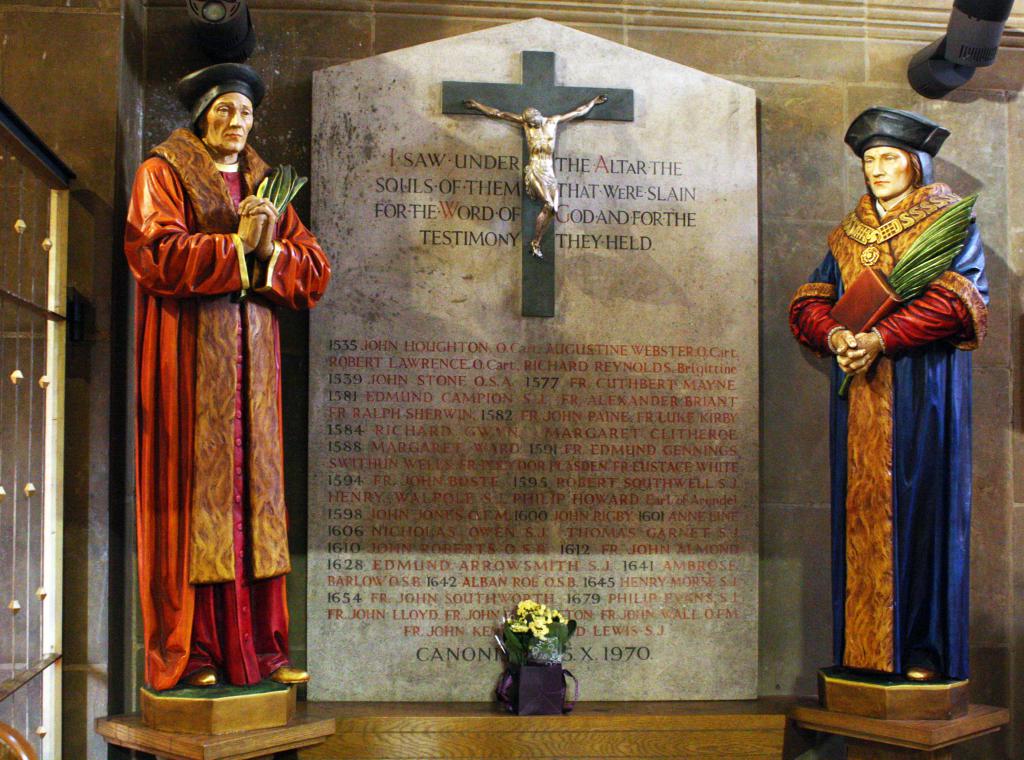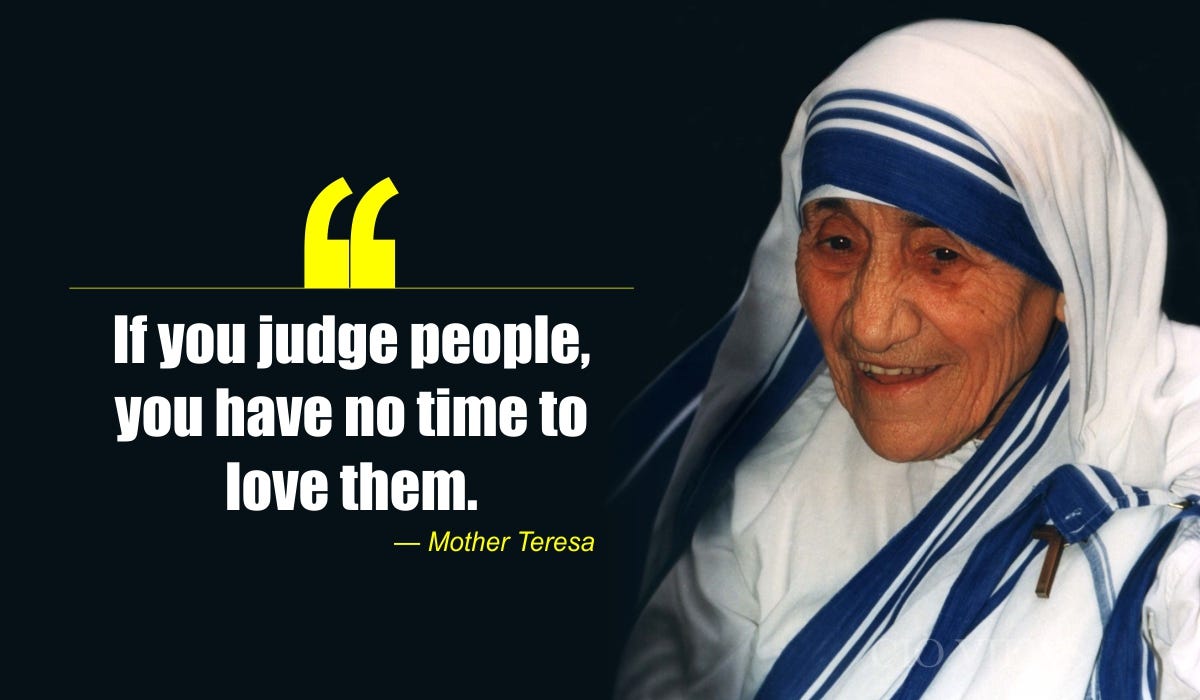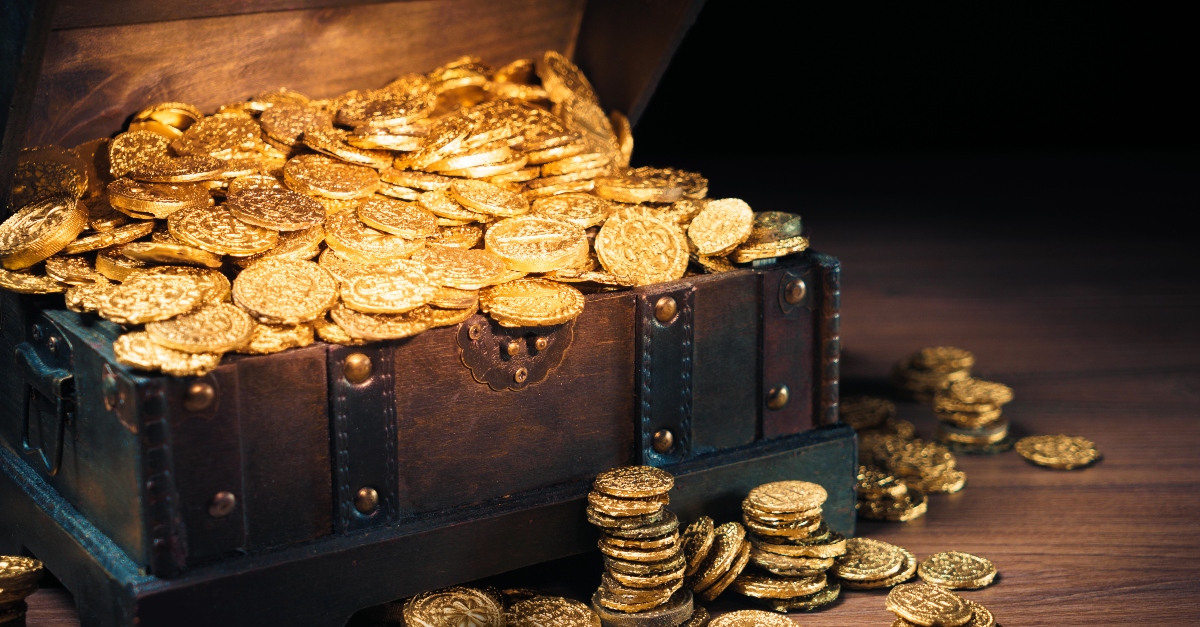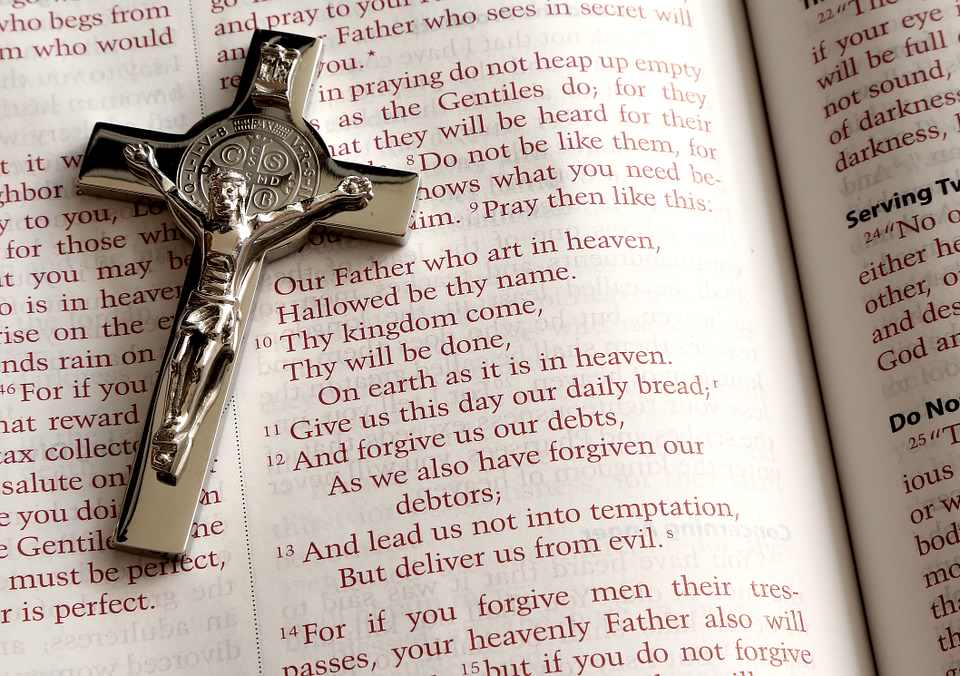
Today,
we celebrate the Solemnity of the Most Holy Trinity. Today is our parish feast day.
The Trinity is
the central truth of our faith. It is the source of all other
mysteries, and the light, which enlightens them. This most grand
mystery would never have been known, unless God Himself, revealed it.
The
story is told of St. Augustine, a great philosopher and theologian
was preoccupied with the doctrine of the Blessed Trinity. He wanted
to understand the doctrine of one God-- in three persons-- and to be
able to explain it.
One
day, while Augustine was working on his book On
the Trinity,
he was walking by the seaside one day, meditating on the difficult
problem of how God could be three Persons at once. He came upon a
little child. The child had dug a little hole in the sand, and with a
small seashell was scooping water from the sea into the small hole.
Augustine watched him for a while and finally asked the child what he
was doing. The child answered that he would scoop all the water from
the sea and pour it into the little hole in the sand. ‘What?’
Augustine said. ‘That
is impossible. Obviously, the sea is too large and the hole too
small.’ ‘Indeed,’
said the child, ‘but
I will sooner draw all the water from the sea and empty it into this
hole than you will succeed in penetrating the mystery of the Holy
Trinity with your limited understanding.’
Augustine turned away in amazement and when he looked back the child
had disappeared.
The
doctrine of the Trinity, the Father, Son, and Holy Spirit is such
that each person is fully and equally God, yet there are not three
Gods--- but one God. The human mind can never fully comprehend this
mystery.
God
left traces of the mystery of the Trinity, in the Old Testament. But
if the Father, had not sent the Son, by the power of the Holy Spirit,
mankind would never had come to understand, One God in three persons,
Father, Son, and Holy Spirit. And this Most Holy mystery is revealed
today in the Mass, within the Eucharist.
The
first revelation
of the Trinity in the New Testament was when the angel Gabriel
appeared to Mary, and told Her, She will conceive
and bear the Son of the Most High.
In Nazareth, the angel revealed that God has a Son, and Mary is to be
His Mother. After Mary questioned how this could be, the angel said,
“The
Holy Spirit will come upon you.”
Indicating her pregnancy will be brought about by the Third person of
the Trinity. The angel continued and said, “the
power of the Most High will overshadow you.”
This revealed the Father’s gaze and love towards Mary, as His
beloved daughter. The Father protects Her by His shadow, which is
the Holy Spirit, Her spouse. The Trinity is revealed to the humble
handmaid, and then to Her spouse, St. Joseph. The angel said to
Joseph, “Have
no fear about taking Mary as your wife. It is by the Holy Spirit,
that She has conceived the Child. He is to name the Child, Jesus, who
is the Savior and Emmanuel, God with us”.
Joseph came to understand the mystery of the Trinity: Mary’s Son,
is the Son of the Father, conceived, by the Holy Spirit, and is “God
with us!”
At
the baptism of Jesus, the Trinity was revealed when the Holy
Spirit descended in the form of a dove,
and Father spoke, saying, “This
is my beloved Son, listen to Him.”
The Father did not send the Son to condemn the world, but that the
world may be saved through Him. But, after Jesus rose from the dead,
He sent His apostles to preach
to all nations baptizing them,
“In
the name of the Father, and of the Son, and of the Holy Spirit.
Through
baptism we receive the
divine
indwelling of the Trinity, and so, the gates of heaven are open.
Where
is the place in which we come in contact with the Trinity to worship
God? Where can we see the face of God, where can we approach Him,
who loves us?
We
begin the Mass, “In
the name of the Father, and of the Son and of the Holy Spirit”
and then immediately the priest says, the words of St. Paul. “The
grace of the Lord Jesus Christ, and the love of God and the
fellowship of the Holy Spirit be with all of you.”
These words call to mind the mystery of the Trinity in the mystery of
the Mass, whereby we come in contact with three fold persons, Father,
Son and Holy Spirit.
During
the Mass, the Father sends His Son. By the power of the Holy Spirit,
Jesus, Our Lord, becomes present on the altar. It is here on the
altar, we come in contact with the Trinity.
Because
the Trinity dwells here in our church, in the tabernacle, and becomes
present here on the altar, there is no greater place in the world.
Our church is grander, and more glorious, than the highest
skyscrapers, the largest coliseum, or gymnasium because
our
church and every Catholic Church contains almighty God, the Father,
the Son and the Holy Spirit. The Mass is beautiful and glorious,
because heaven is opened, and we participate in the heavenly liturgy
with the angels and saints, worshiping the Trinity, as we sing, Holy
Holy Holy, Lord God of power and might, heaven and earth are full of
your glory.
The Mass is God’s grandeur in the feeble eyes of man. The Mass is
the action of the Holy Spirit, whereby the Father sends the Son, to
come in contact with us, and the mysteries of salvation. The mystery
of Calvary will become present on the altar, and the mystery of the
resurrection, as we receive the resurrected Jesus in Holy Communion.
We worship the Blessed Trinity, and kneel, in adoration at the Sacred
Host, as it is elevated. The Sacred Host is God, and within the Host
is the Blessed Trinity. The angel at Fatima, and the 3 children
prostrated themselves, before the Sacred Host saying, “Most
Holy Trinity, Father, Son, and Holy Spirit, I adore thee profoundly.”
And the children also said, “Most
Holy Trinity, I adore thee, my God, my God, I love thee in the most
Blessed Sacrament.”
Now,
as we prepare to receive Holy Communion, let us ask Mary, the
Daughter of the Father, the Mother of the Son, the Spouse of the Holy
Spirit, to help us to understand that we truly come in contact, with
the adorable Trinity in the Eucharist, especially Her Son in
Holy Communion.
And
at the moment of consecration, gaze upon the presence of God, with
faith, and cry out, “Most
Holy Trinity, I adore thee, my God, my God, I love thee in the most
Blessed Sacrament.”






